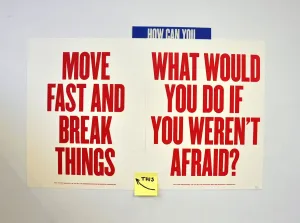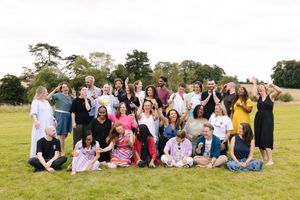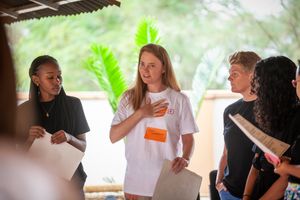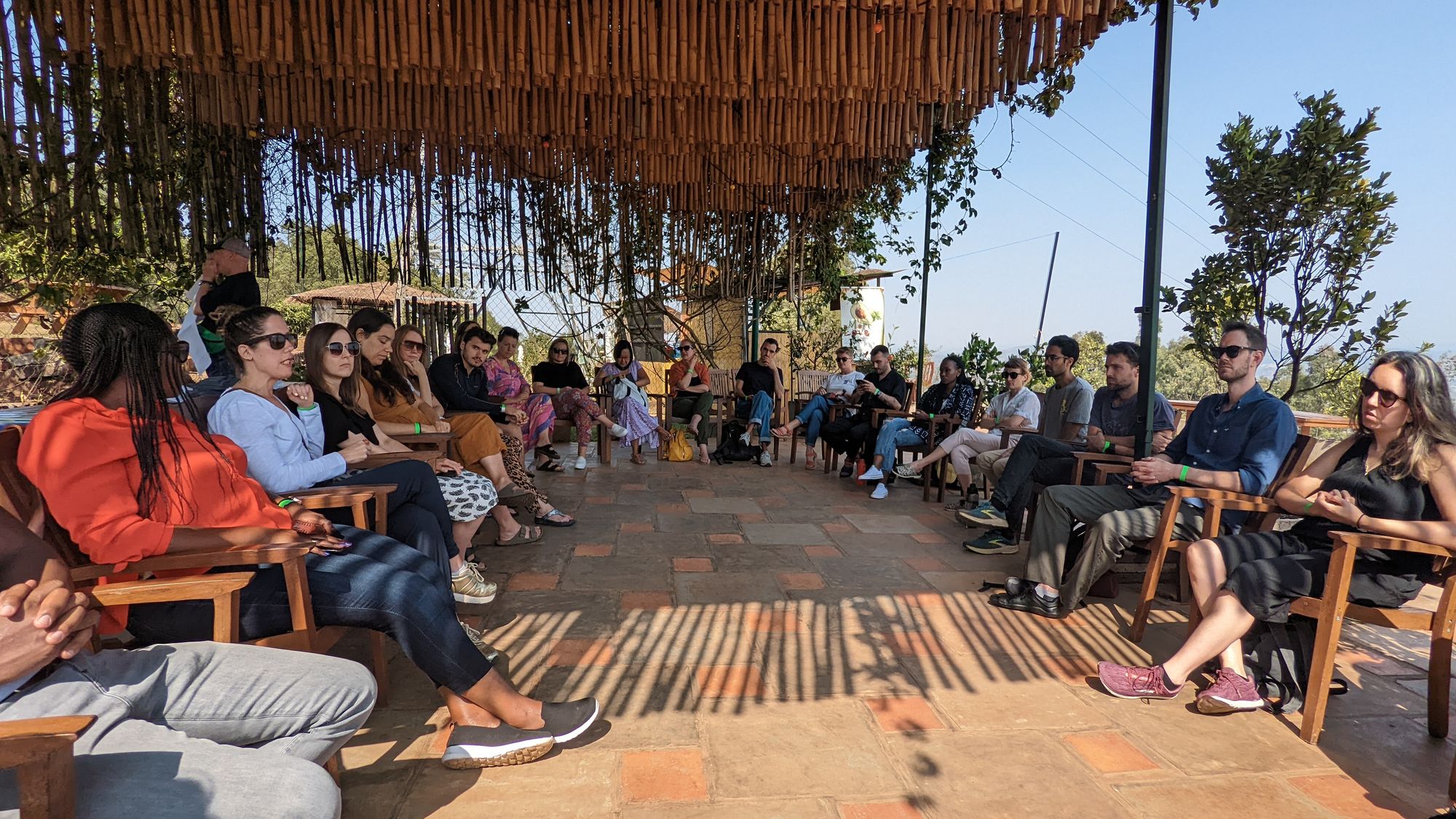
Listening to the news this morning, it’s no surprise that Coronavirus is the headline again. I’m amazed by the number of different ways that people are working to tackle this virus; from scientists working hard to find a cure, security experts trying to understand how the infection is spreading and where we should be tightening up border security, to public health officials deploying a campaign to tell us what citizens should be doing to support the fight against this disease.
In an instance like this, I see an example of a community of learning at its largest. Differences are put aside as we realise that the only way that we can get to the bottom of this is if we to create a community to share intelligence, share skills, and reach out to fill the gaps in knowledge and support.
At Brink we work with groups of people, organisations, governments and communities who each bring a unique set of skills and experience to the problem that they are trying to solve and are dedicated to changing a system, not just plugging a gap.
On the Humanitarian Grand Challenges programme, there’s a group of innovators designing initiatives to support vulnerable communities in conflict zones, for the EdTechHub it’s people and organisations with an idea to shift educational inequality, and on the ASToN programme this is whole cities working to build new digital infrastructure in order to improve the lives of their citizens.
Each of these teams and individuals is remarkable in their own right, but when these people get together — wow this is where the magic happens! Catalysed and shaped by a shared mission and shared values, a space opens up for exchanging ideas and learnings across sectors, continents and different stages of the start up journey.
Within my role as Practice Lead on peer-to-peer learning at Brink, I’ll be working on finding the best ways to create the conditions that give rise to this kind of collective flourishing. During my first few weeks here at Brink, these are the some of the themes that I have uncovered about what works:
- In order to reach out for support, you need to feel safe: For those forging new paths and at the coalface of implementing change, it can feel lonely at times. Feeling confident enough to reach out when you are struggling is a skill in itself but also something that becomes all the more easier when you find yourself in a safe community that actively nurtures vulnerability and openness. In Charles Vlogs book — the Art of Community, he identifies seven principles of belonging which include the need for boundaries to help people feel that they share the same values as those around them, an initiation to make someone feel welcome and valued.
- Having connections isn’t the same as having an active network: Connections are one of the most important catalysts for innovation, but those magical connections that lead to breakthroughs, partnerships or knowledge are only possible if they sit within an active, generous and evolving network. This can be challenging for those in diverse and challenging contexts. I think about Creative Mornings here, who’s model has sparked communities to emerge in cities all around the world, who’s meetups feel friendly and accessible whilst its network remains diverse and far through its online component.
- We learn the most, when we are also actively sharing: We are all experts by experience and bring unique knowledge and skills to the table. The most powerful learning experiences occur when learners are able to shape what and how they learn, as well as actively share their existing knowledge skills and experience to a peer group. I look to Enrol Yourself here as inspiration, a programme that explores the power of peer to peer for personal learning and growth, or Enspiral, an online network testing models of collective leadership to support people doing meaningful work.
Of course, this just scratches the surface and I can’t wait to explore more. As I continue I’ll be sharing the questions that I’m asking, and the answers that emerge across our programmes and I invite you to get in touch to share your thoughts, experiences and favourite communities of learning.
For now though, if you’d like to learn more about how we work and think, check out our approach to behavioural innovation, books that shaped our thinking last year and this playbook of learnings written by the innovators on our Frontier Tech programme.
